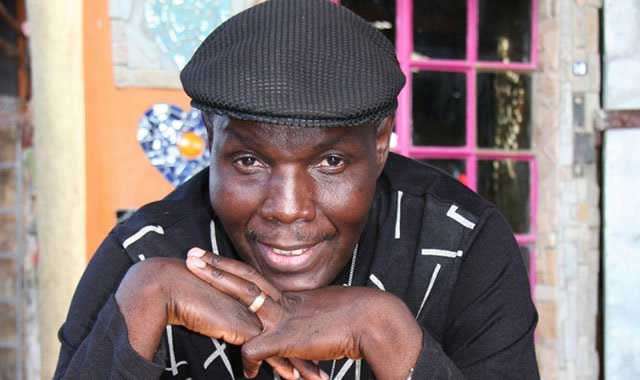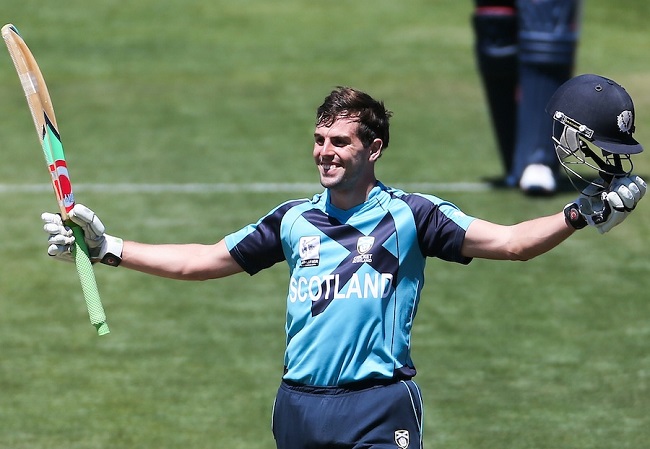Gospel or secular music? . . . the dividing line continues to fade away

Godwin Muzari Arts Editor
In the early days of gospel music, the genre was more of a sacred art. It was supposed to be played by singers that were strict Christians and regarded as beings without blemish. They were regarded as holy brothers and holy sisters. Holiness cannot be discerned by a human being (only God can judge), but it was a subtle requisite of being a gospel musician.
Musician Mono Mukundu always retells a story of how he was forced to quit beer and repent in order to play in a gospel band. The band had looked for him because of his talent in secular music, but later gave him that condition of employment.
In the era of Jordan Chataika, Mechanic Manyeruke, Freedom Sengwayo, Brian Sibalo and Family Singers among others, gospel musicians and secular musicians rarely accommodated each other in their spaces. Secular music was said to be demonic, connotatively meaning that its singers were possessed by demons.
So, it was close to a taboo for “holy” musicians to associate with their “demonic” counterparts. Those were the early days of gospel music in the 1980s.
Fast forward to 2018, Winky D collaborates with Vabati VaJehovah and they share the stage in a venue full of beer drinkers. A “vapostori” outfit performing in front of sloshed drunkards and scantly-dressed ladies of the night?
That would have been tantamount to seeing Family Singers on stage at Mverechena Hotel.
There were certain stage costumes that were totally unacceptable for gospel musicians that are now common at performances of the genre. There were certain dances that were immoral in gospel sets that are now normal. Today female gospel singers can go on stage wearing trousers or mini-skirts.
Young male dancers with tight jeans, competing to show flexibility of their waists, are trending at gospel shows. Dances like “kongonya” and “Borrowdale” have invaded church stages.
They were also other beats that were not allowed near a gospel stage and that is why Pastor Chakanetsa Bandimba came under fire for his rhumba song “Jesu Dombo”. Times have changed and any beat goes for local gospel.
There have been many collaborations between gospel and secular musicians over the years with some coming from unexpected characters. Sabastian Magacha recently collaborated with Alick Macheso, Mathias Mhere collaborated with Freeman and Fungisai Zvakavapano collaborated with Killer T.
Magacha’s duet with Jah Prayzah is currently topping charts in the same way Fungisai and Jah Prayzah’s combination on “Gore Rapera” was a hit.
Things have changed. Secular and gospel musicians are not only rubbing shoulders, but spending studio time together.
Fungisai is one expert in experimenting with secular music since he roped in Oliver Mtukudzi for the rendition of her hit “Hazvaibvira”.
Because of her adventure, she has often been under fire for experimenting. She stirred hornets’ nest when she went for a show at the then Jazz 105 Pub and Restaurant that was considered a no go area for gospel musicians. Jazz 105 was a popular hub for secular music.
Fungisai was also said to have stretched her imagination too far when she had a duet with Killer T titled “Vanondibatirana”.
It was mainly because of the moral flaws of Zimdancehall music.
Years back, gospel musicians refused to perform at functions where alcohol would be consumed. Some promoters were not keen on engaging gospel musicians because they prefer events where they make returns from beer sales.
The Charambas were among musicians that would not come for a show where beer was sold.
They also had reservations about sharing the stage with secular musicians for some time. But they changed their mind as dynamics around gospel music changed. In 2012 they surprised many when they boldly announced they had a big date with Mtukudzi at Richwood Sports Club in Mabelreign.
The club is popular for booze outings. They have also become a constant feature at Makomo Music Festival in Hwange where they share the stage with musicians like Alick Macheso, Peter Moyo and Winky D.
Another development blurring the line between genres is when secular musicians perform at church functions. Mtukudzi is one musician who has performed at various church functions, but the debatable trend is common at Walter Magaya’s Prophetic Healing and Deliverance Ministries.
Secular musicians have been invited in numbers to PHD’s big functions. The likes of Shinsoman, Suluman Chimbetu, Jah Prayzah and Soul Jah Love have been called to ‘bless’ the stage before Magaya’s sermons.
The move was initially met with widespread murmurs of disapproval, but it seems people are now used to it.
The secular musicians continue to overshadow their gospel counterparts at the events. This should be an invasion! But then it seems gospel musicians started it when they began taking beats from secular music for their church songs. There are many praise and worship teams that would use Macheso’s popular bass-lines in their praise songs.
Such tunes would be popular with congregants until someone decided to bring the real Macheso to perform at church.
Maybe it is because of compositions of congregants at some churches these days. Some years back Christians would not play secular music at their homes. They were strict and listened to fine gospel music.
These days, there is a considerable number of people that leave the bar at midnight on Saturday and enter the church at 9am struggling with hangover. Macheso will definitely do for them.
Then, when a gospel musician realises that even at his church he is being overshadowed by Jah Prayzah, an outsider, the wise thing to do is to go and collaborate with Jah Prayzah.
This is a sign of how the genre has evolved and how the line between the genres has faded. It has changed in various facets and that “holiness” is now a preserve of a few.









Comments